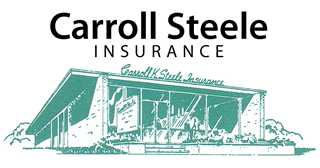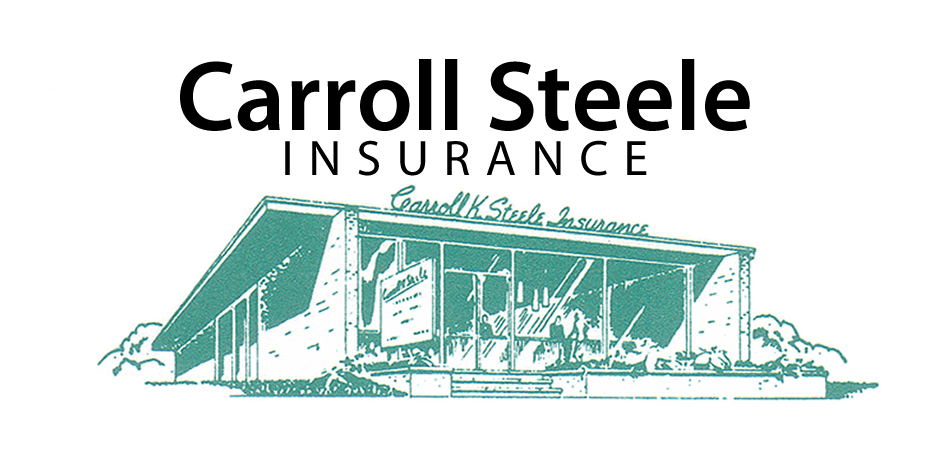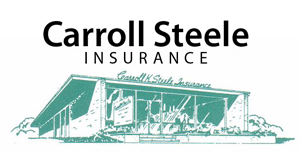Homeowners vs. Dwelling Insurance – A Comparison
Lately, a few inquiries have crossed my desk asking what exactly is dwelling insurance; more specifically what’s the difference between dwelling and homeowners insurance. Luckily, this is a fairly easy thing to explain.
Sometimes called ‘Investment Property Insurance’, or even in some instances ‘Second Home Insurance’ dwelling insurance is commonly used to insure only the structure, or ‘dwelling.’ Homeowners insurance provides dwelling coverage, but also includes, as standard coverage, personal property and personal liability protection.
Dwelling or Homeowners Insurance – How To Determine The Right Type of Policy
Whether you need a dwelling policy, or homeowners insurance depends mainly on if you consider the home you want to insure is your primary residence. The insurance industry describes a primary residence as a residence that you reside in for the majority of the year. For some insurance companies this is as simple as saying what ever property you live in for at least 6 months and a day is considered a primary residence. We can also assume in confidence that your primary home will contain most if not all your personal possessions. A homeowners policy provides standard insurance mainly for your personal property, as well as for the dwelling and even personal liability. There is also various other coverage’s and options of coverage that is included in a homeowners policy, but I’ll save those details for another article.
So what if you don’t live in the home and either rent it out as an investment, or consider it a vacation home 3 months out of the year? Let’s start with the first one- investment property. Any investment property that you rent out should only require coverage for the dwelling and liability. A dwelling policy fits this situation perfectly because you don’t need to insure your personal property since it is not located at this building. However, if you have some personal items at the property you can add additional coverage to a dwelling policy to cover it, but for the most part a dwelling policy provides insurance for the building itself and if available- liability. The bottom line is with a standard dwelling policy you are only paying for coverage you need. If additional insurance is necessary beyond the dwelling itself, such as liability or even a small amount of personal property coverage you can add it to the dwelling policy. But what about that vacation home you only live in part of the year?
What If I rent Out My Vacation Home part of the year?
This is a good question and one often asked. Unfortunately, there is no straight answer and varies between insurance companies. Some companies will require a dwelling policy if you rent the property out more than 3 months a year. In this instance and if you keep personal items in the home while rented (furniture, appliances, etc) you may be required to carry a dwelling policy with liability and then add on personal property coverage to cover your personal items at the home. However, some insurance companies don’t put restrictions and you may be able to get a homeowners policy to cover the property no matter how long you rent, but as long as you reside in the home at some length of time during the year. We come across this situation several times with clients who have a ski chalet up north and keep it fully furnished, but rent it out a couple months in the winter to cover the taxes and cost to own it. Most of the time we are able to place a homeowners policy on the property. Give your insurance agent a call or email to get more clarity on whether a dwelling or homeowners insurance policy is best to cover your vacation home.
Vacant or Under Renovation
Do you have a vacant building that’s not currently in use, or maybe you’re trying to sell? Do you have an investment property that you’re renovating and eventually plan on renting to tenants? If any of these scenario’s fit then you’ll need dwelling insurance for what the insurance industry calls ‘vacant property.’ You might say that if you’re renovating the property there’s someone on the premises, but the insurance company is looking for permanent residency and unless there’s someone who uses that properties address as a residence then they classify it as a vacant property. And since there is no full time resident a vacant dwelling tends to cost more to insure. Sometimes you may have difficulty obtaining coverage for a vacant dwelling, but a good insurance agent will be more than happy to help you find coverage for your vacant property.
For more about what types of insurance coverage is available for a dwelling or homeowners insurance ask your insurance agent, or check out or company site at www.cksteele.com



